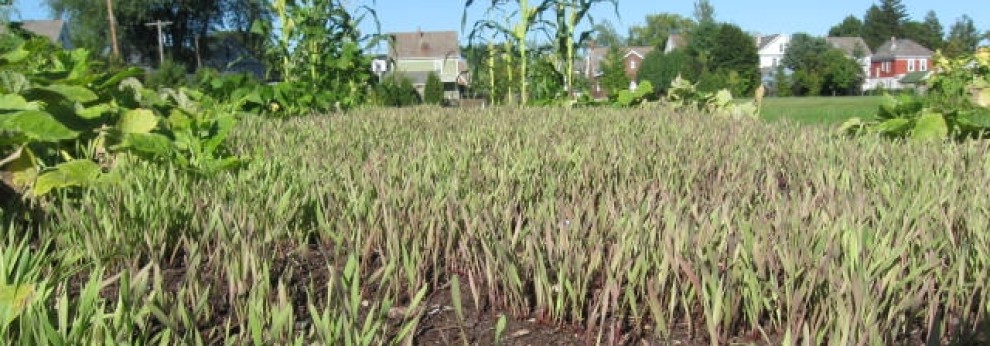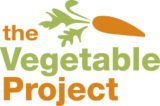We started digging in the dirt at Myers Middle School in the fall of 2009. We have introduced hundreds and hundreds of kids to the tastes of fresh picked vegetables since then. We have created countless opportunities for hands-on teaching and  learning in our afterschool Garden Club, in classrooms, with high school students working at summer jobs and more. We have gotten some of our produce out into the community, on the shelves of the Honest Weight Food Co-op and Cardona’s Market.
learning in our afterschool Garden Club, in classrooms, with high school students working at summer jobs and more. We have gotten some of our produce out into the community, on the shelves of the Honest Weight Food Co-op and Cardona’s Market.
Still, we would love for so many more of our friends – those we know and those we have not yet met – to see what we have been up to lately. Won’t you please join us for an Evening in an EnchantedGarden on Wednesday Sept. 21, from 5:30 to 7 p.m. We will be offering garden tours and tastes and demonstrations. We’ll have music and a bit too eat!
We would love it as well if you would help us spread the word by sending the attached flier to your e-mail friends and a link to our Facebook event to your Facebook friends. https://www.facebook.com/events/1684769585179863/We are behind the school building, at 100 Elbel Court. With just a bit of luck, we’ll still have tomatoes on the vine. Hope to see you there.
— Bill Stoneman



 ding and watering? What is the big deal about growing some of our own lettuce and tomatoes, when it’s so cheap in the supermarket?
ding and watering? What is the big deal about growing some of our own lettuce and tomatoes, when it’s so cheap in the supermarket?

 ady.
ady. much more will soon be on your table — if you start planning your garden now with High Mowing Organic Seeds. Better yet, you can contribute to school gardening in Albany as you plan that garden by buying seeds from the Vegetable Project, which receives a portion of all sales.
much more will soon be on your table — if you start planning your garden now with High Mowing Organic Seeds. Better yet, you can contribute to school gardening in Albany as you plan that garden by buying seeds from the Vegetable Project, which receives a portion of all sales.  But it still serves as a helpful reminder that this is a subject worth considering for a moment.
But it still serves as a helpful reminder that this is a subject worth considering for a moment.


